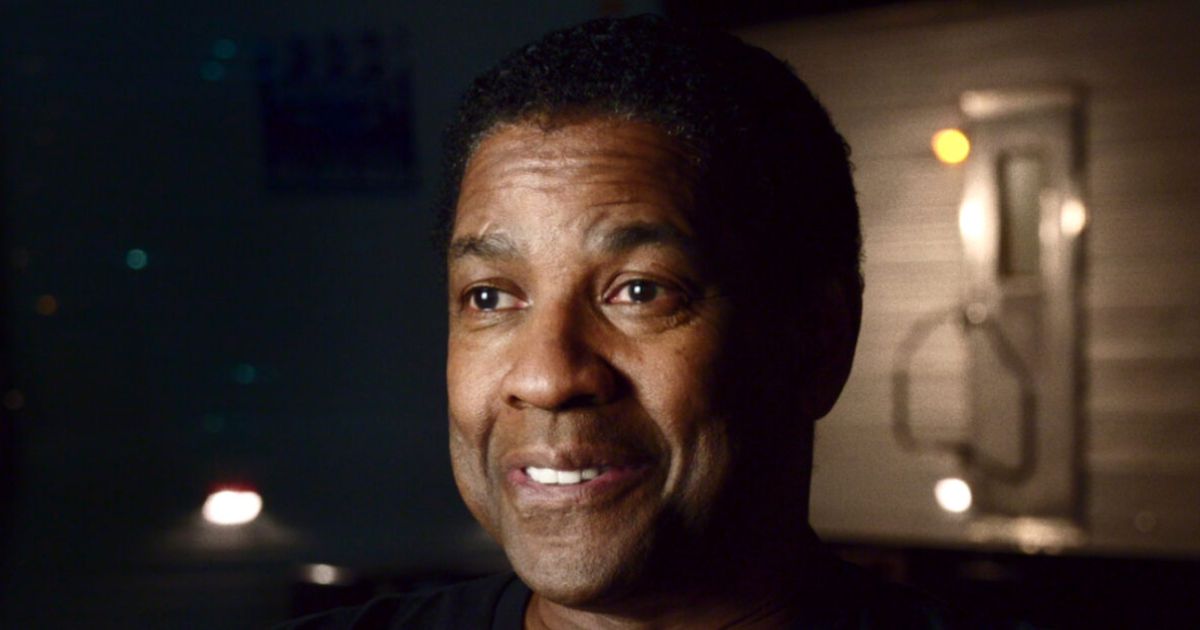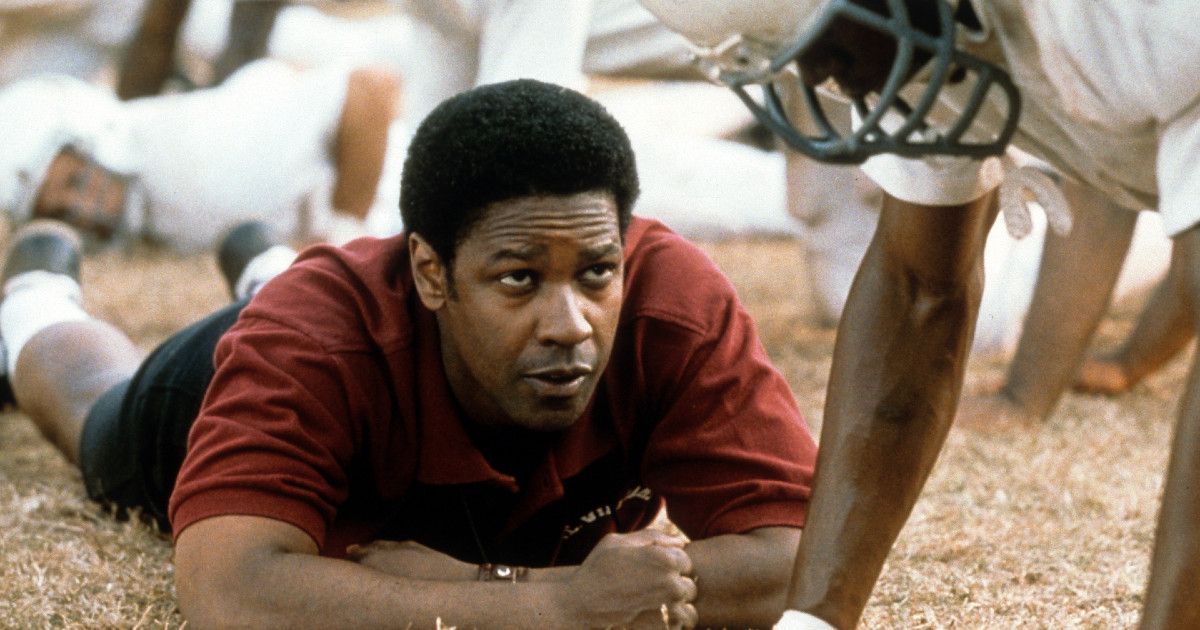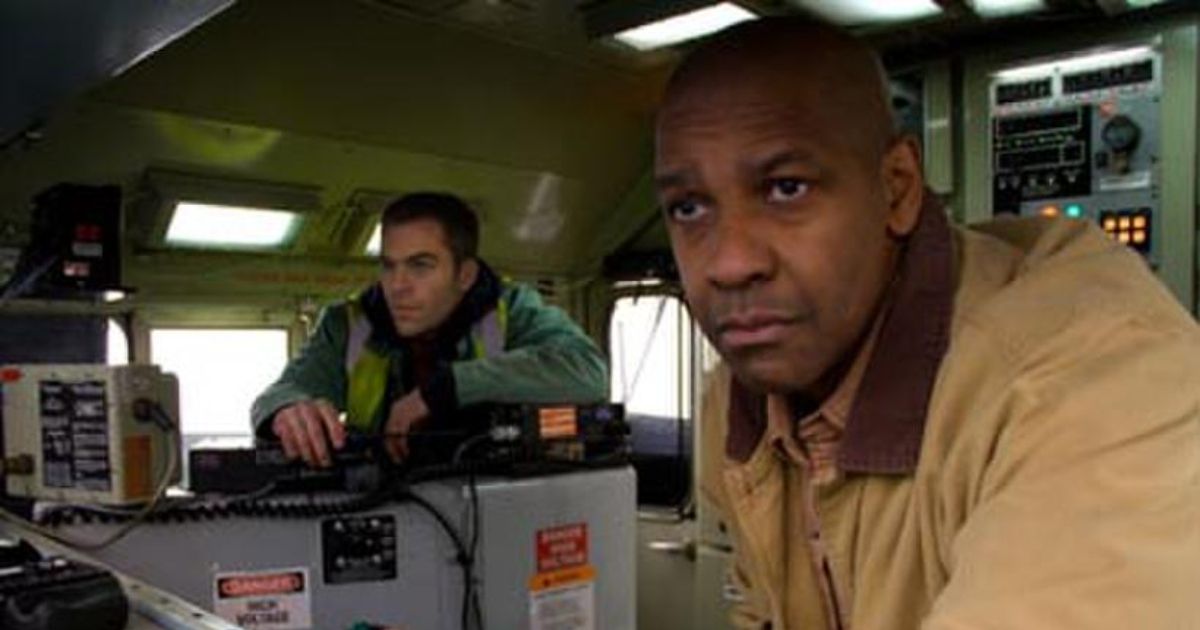Denzel Washington is among the greatest and most sought-after actors of his generation. The two-time Academy Award and Tony Award-winning actor boasts an illustrious film and theater career spanning 40-plus years and isn’t showing any signs of slowing down anytime soon.
From his breakout role as Private Silas Trip in Edward Zwick’s 1989 historical war drama Glory to his phenomenal performance as civil rights leader Malcolm X in Spike Lee’s epic 1992 autobiographical joint, Malcolm X, to his unforgettable performance as corrupt LAPD Officer Alonzo Harris in Antoine Fuqua’s crime thriller Training Day, Washington has consistently displayed effortless charm and charisma and a commanding screen presence throughout his career.
As a classically trained actor, it is no surprise to see Washington tackle roles in the drama, suspense, autobiographical, and even action genres. Moreover, Washington’s continued commitment to his work on Broadway, irrespective of the success and admiration he has earned in Hollywood, speaks volumes of the actor’s work ethic and respect for the craft.
Despite Washington’s achievements in film, there has always been a gray spot in the actor’s filmography, and the gray area in question is the actor’s lack of comedies on his resume. As of this article’s writing, Michael Schultz’s Carbon Copy and Penny Marshall’s The Preacher's Wife are the only two films under the actor’s belt that could realistically be considered comedies. Whether his reasoning for rarely acting in comedies is personal or professional, we’ll observe why Denzel Washington strays away from the genre.
Mentorship
As is typically the case, a strong, reliable, and empathetic mentor can drastically impact the trajectory of one’s life. Whether it be mentorship in one’s professional endeavors or something as simple as dating advice, words of wisdom from a trustworthy source can help assuage any uncertainties about embarking on a new chapter.
Even for someone as esteemed as Washington, this sentiment about mentorship still applies. Washington has candidly spoken on record multiple times about the racism he experienced in Hollywood as a fledgling Black actor. Whereas other young actors might have given up after these early negative experiences in Hollywood, Washington persevered and went on to enjoy a celebrated career.
However, Washington’s career might have gone in a completely different direction had it not been for distinguished actor Sidney Poitier. According to a 2000 interview with USA Today, when Washington was a struggling young actor, he was offered a job with a $600,000 payout.
However, despite this gig’s lucrative financial incentive, Washington was weary of accepting the role due to its inherently humiliating nature. Unsure of what to do, he contacted Poitier for advice, and the Lilies of the Field actor advised Washington to be wise when choosing roles as an actor’s early career typically dictates the direction of their careers. This brief yet poignant reminder about integrity inspired him, and Washington passed on the film. After waiting six months for his next gig, Washington accepted the leading role in Cry Freedom, a film that would grant the actor his first Academy Award nomination.
Audience Perception
Financial bankability and star power are a couple of qualities that endear industry professionals and audiences to an actor or an actress throughout their careers. Brad Pitt, Pedro Pascal, Samuel L. Jackson, and Tom Cruise are a handful of actors that have attained A-list status.
Additionally, there is an expectation audiences have when they support these actors, we expect Jackson to be an intimidating figure, and we anticipate Cruise performing yet another mind-blowing stunt. As beloved as these actors’ traits are, they’ve spent large chunks of their careers developing them and shaping how audiences perceive them. In the case of Washington, his austere yet regal presence on film is something he’s worked hard to cultivate since the '80s.
One of Washington’s considerations when taking on a role is how the character represents African-Americans. One could spend all day speculating why this is the case, but one of the prominent reasons why this matters to Washington is because he’s acutely aware of his core fanbase. By Washington’s admission, his core fanbase is Black women, and he works hard to ensure studios understand that before signing on to do most of his films. A prominent example of the actor’s commitment to these fans is the controversy surrounding 1993’s The Pelican Brief and Washington’s refusal to share an on-screen kiss with Julia Roberts.
Comedies often fall under limited categories. There are slapstick comedies, romantic comedies, and spoof movies. Once again, we must consider Washington’s status as a classically-trained actor when discussing his body of work. While comedies undoubtedly provide unique challenges for industry professionals, they might not be every actor’s preference when selecting roles. If we had to speculate why there’s a lack of comedic credits to Washington’s name, it would be a combination of the actor’s commitment to appropriately representing himself and African-American men and selecting roles more fine-tuned to his theatrical background.



